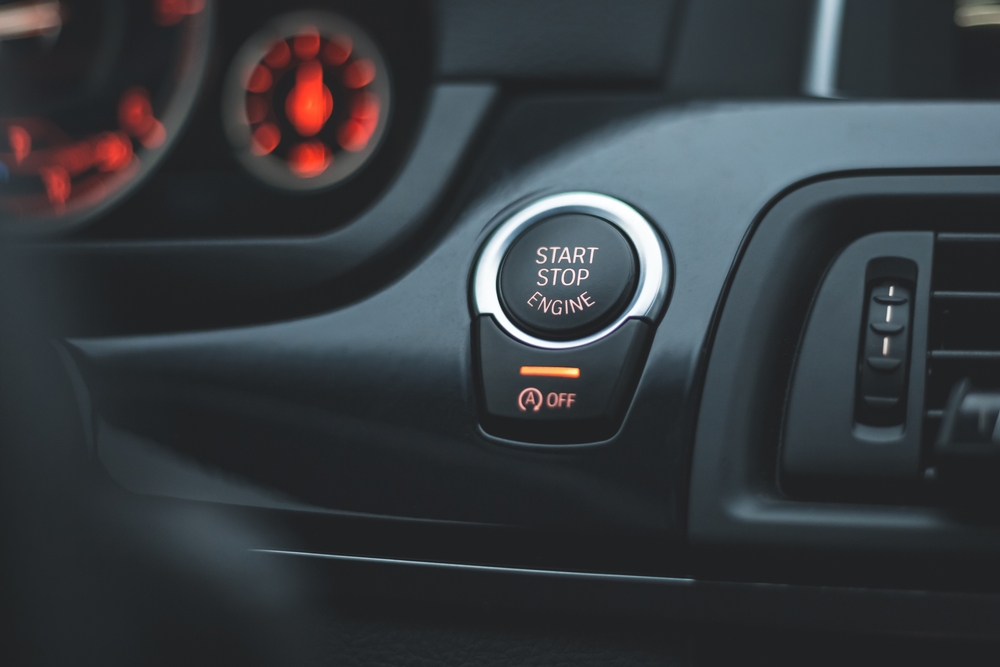Turning Off the Engine at Traffic Lights.
Others are reading now
Seeking the Perfect Balance between limiting fuel consumption and protecting the starter and battery.
With fuel prices remaining high, economy is a priority for the majority of drivers. Even those who enjoy accelerating from one traffic light to the next are now thinking twice. There are several ways to save fuel while driving, such as accelerating and decelerating smoothly. But what about during a brief stop at a red light or in traffic? Should I turn off the engine if my vehicle does not have a start/stop system?
Understanding Start/Stop Systems
Modern vehicles often come equipped with a start/stop system as standard. This system shuts off the engine whenever the vehicle stops, at a traffic light or in traffic conditions.
Also read
As soon as the driver releases the brake (or presses the clutch in manual transmission vehicles), the engine restarts. There’s usually a button on the central console or dashboard (marked with an “A” in a circle with an arrow and the indication off) that allows the driver to deactivate the system at will.
Fuel Savings Potential
Depending on driving style and frequency of activation (e.g., city driving), start/stop can save up to 10% of fuel. Manufacturers include it in vehicles for another reason too: it reduces emissions, helping them meet targets set by authorities like the EU.
In start/stop systems, the electrical starter has been developed to be more powerful and reliable, as it will be called upon to operate hundreds of thousands of times over its lifecycle.
Note: The start/stop system is designed not to be active when demands are high, e.g., at very low or high temperatures, when heating or air conditioning needs to run continuously.
What If My Vehicle Lacks Start/Stop?
I drive an older technology vehicle that doesn’t have start/stop. Should I turn off the engine or not when I stop in traffic?
Firstly, an average older technology engine consumes about 1 liter of fuel per hour of idling. This equates to roughly 1.8-1.9 euros for every hour the engine is active without the vehicle moving.
It’s been calculated that turning off the engine for periods longer than 20 seconds offers fuel savings. Theoretically, every time we stop at a traffic light or in traffic, we save on fuel if we turn the key and shut off the engine.
However, caution is advised:
Starters not equipped with a factory start/stop system are not designed for so many frequent on-off cycles.
Furthermore, the battery strain is so intense that its lifespan will be significantly reduced. It’s quite possible that it could fail during such an attempt.
Therefore, in vehicles without start/stop, it’s best to turn off the engine only during stops lasting several minutes, not every time the vehicle is stationary for a few seconds.


